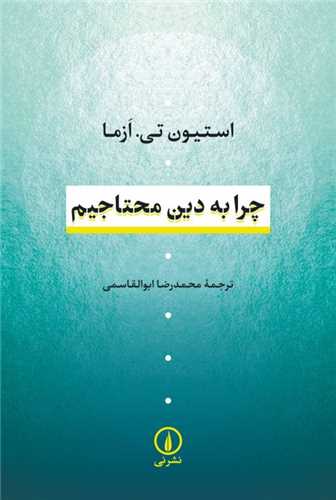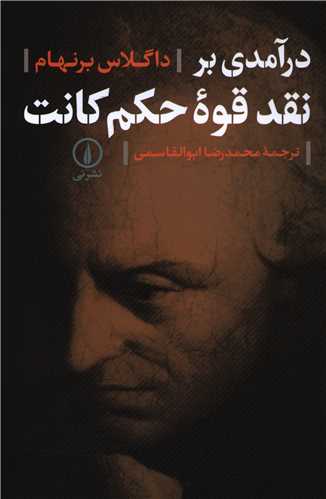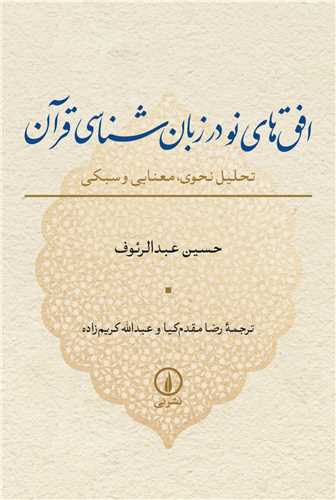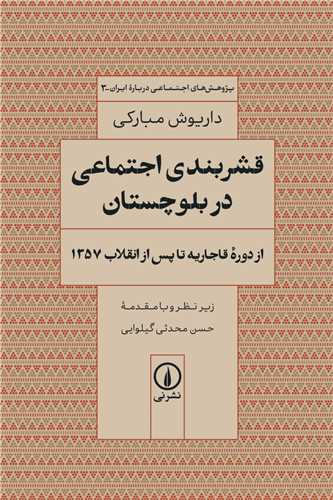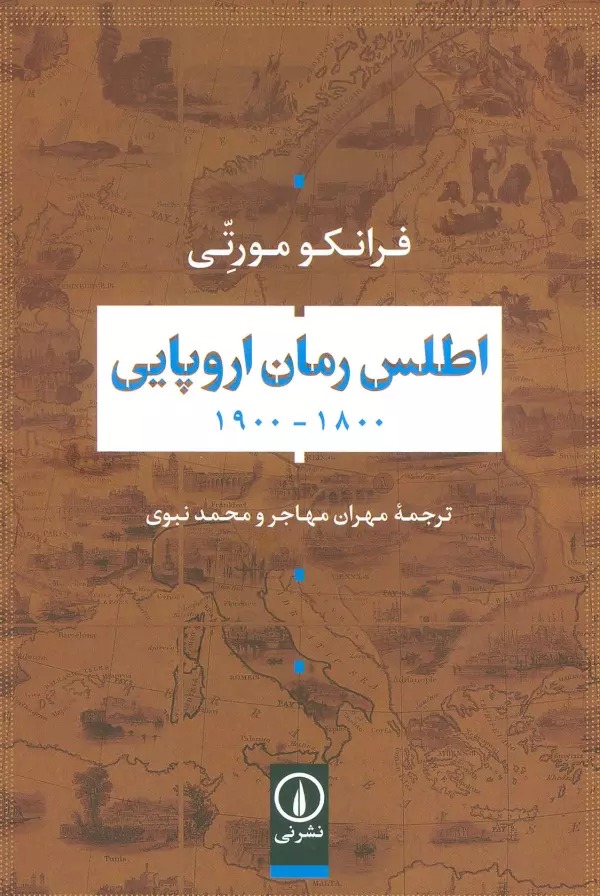چرا به دین محتاجیم فارسی 1402
Chirā bah Dīn Muḥtājīm
214 SEK
اشتراکگذاری
Wishlist
عنوان اصلی:
Why We Need Religion
شابک:
9786220605522
مترجم:
Muḥamad-Riz̤ā Abu al-Qāsimī
ناشر:
Nashr-i niy
گروه سنی:
بزرگسال
صفحات:
366
وزن:
450 g
ابعاد:
14 x 21 x 3٫3 cm
جلد کتاب:
شومیز
How we feel is as vital to our survival as how we think. This claim, based on the premise that emotions are largely adaptive, serves as the organizing theme of Why We Need Religion. This book is a novel pathway in a well-trodden field of religious studies and philosophy of religion. Stephen Asma argues that, like art, religion has direct access to our emotional lives in ways that science does not. Yes, science can give us emotional feelings of wonder and the sublime--we can feel the sacred depths of nature--but many forms of human suffering and vulnerability are beyond the reach of help from science. Different emotional stresses require different kinds of rescue. Unlike secular authors who praise religion's ethical and civilizing function, Asma argues that its core value lies in its emotionally therapeutic power.
No theorist of religion has failed to notice the importance of emotions in spiritual and ritual life, but truly systematic research has only recently delivered concrete data on the neurology, psychology, and anthropology of the emotional systems. This very recent "affective turn" has begun to map out a powerful territory of embodied cognition. Why We Need Religion incorporates new data from these affective sciences into the philosophy of religion. It goes on to describe how religion manages those systems--rage, play, lust, care, grief, and so on. Finally, it argues that religion is still the best cultural apparatus for doing this adaptive work. In short, the book is a Darwinian defense of religious emotions and the cultural systems that manage them.
more
هدف این کتاب تبیین ریشههای عمیق عاطفی اعتقادات در کنار جنبههای عقلانی و اخلاقی و الاهیاتی آنهاست. نویسنده در فصل نخست و بر اساس علم عصبشناسی ماهیت شناختی باورهای دینی و دلایل پیدایش آنها را تحلیل میکند. در فصل دوم میبینیم که ادیان با عرضهی مراسم و مناسک و مفاهیم آیینی چگونه از دشواری زیستن در جهانی آکنده از رنج و رذیلت میکاهند. زندگی گروهی انسانها همواره در معرض تهدید برخی افراد لذتجوی بیاعتنا به قواعد زندگی جمعی است. فصل سوم شرحی است بر اینکه ادیان با خلق موانعی کارا در برابر این انحراف چگونه زندگی انسان را بسامان میکنند و آرامش فردی و جمعی را از طریق توصیههای مشفقانه به بردباری و بخشایش به جوامع انسانی بازمیگردانند. نویسنده با تحلیل تأثیر شیوههای متنوع مناجات و مراقبه نشان میدهد که ادیان تابآوری انسانها در برابر مصائب زندگی را تقویت میکنند و به مناسبت اعیاد مختلف شادی و شعف را برای دینداران به ارمغان میآورند. واپسین فصل کتاب به تحلیل ریشههای انطباقی خشم و خشونت دینی میپردازد. خشم ویژگی تکاملی همهی موجودات برای بقا در جهان متخاصم است. اما ادیان با مهار خشونتهای غریزی و هدایت آنها به مجاری مُجاز به بقای زندگی جمعی انسانها یاری میرسانند.
more

